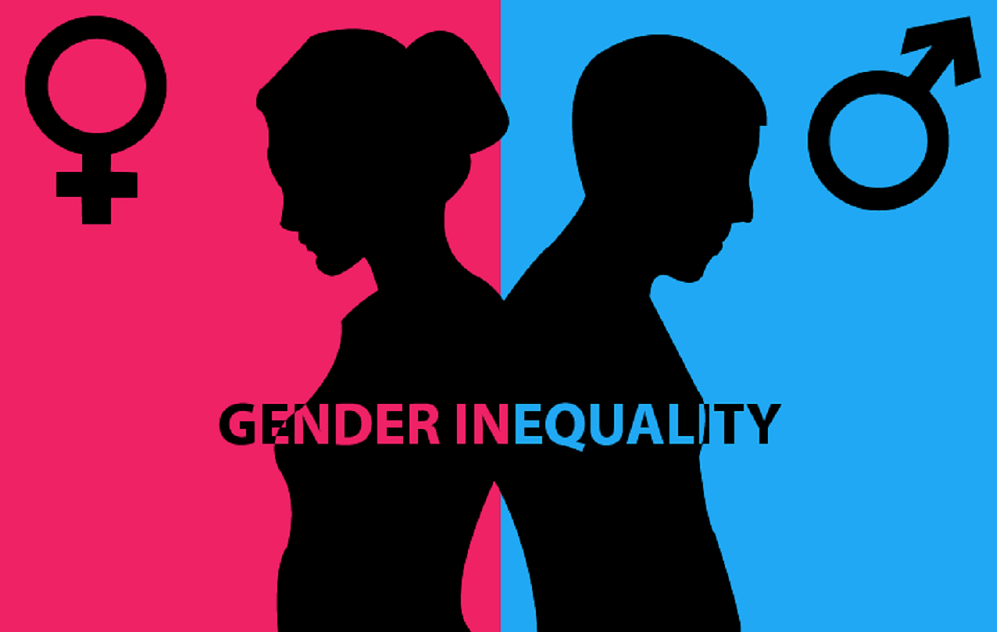Gender bias is the unfair rights that exist between males and females, which may lead to unequal treatment. It is an issue, which is widely known in human history and culture. Women have fewer opportunities for economic and political participation. They have less access to basic and higher education. They are not given attention. They are usually victims of patriarchal society, or successful survivors of discrimination imposed on them through culture and religion. In many instances, women’s participation in different leadership roles is either delayed or thwarted.
Women are also being discriminated against in access to education. Although the world is progressing in achieving parity for girls in education, those in developing countries, such as Nigeria, still have a high percentage of out of school or drop outs than boys. This is even as parents who find it difficult to pay school fees for their children make it a high priority for the male child to go to school rather than the girls. This leaves a lot of girls out of school.
- Soludo begins supervision of cleanup of Onitsha, other LGAs in Anambra
- Food crisis looms as kidnappers target farmers
Some of our beliefs, in culture and religion, especially in the north, contribute so much to the trend. The people involved here believe that women are incapable of ruling or are not fit to be in politics.
However, recently in Nigeria, a lot of women are occupying political positions such as ministers, but none has yet occupied presidential or governorship positions.
Thanks to women’s right activists and activities today that spread awareness about the rights of women thereby narrowing the chances of discriminating against them.
I wish to appeal for gender parity to create a successful and prosperous society. There should be equal rights for every person, irrespective of their gender and people should be judged and engaged based on merit, character or behavior.
Asma’u Husna Muhammad wrote from Abuja

 Join Daily Trust WhatsApp Community For Quick Access To News and Happenings Around You.
Join Daily Trust WhatsApp Community For Quick Access To News and Happenings Around You.


